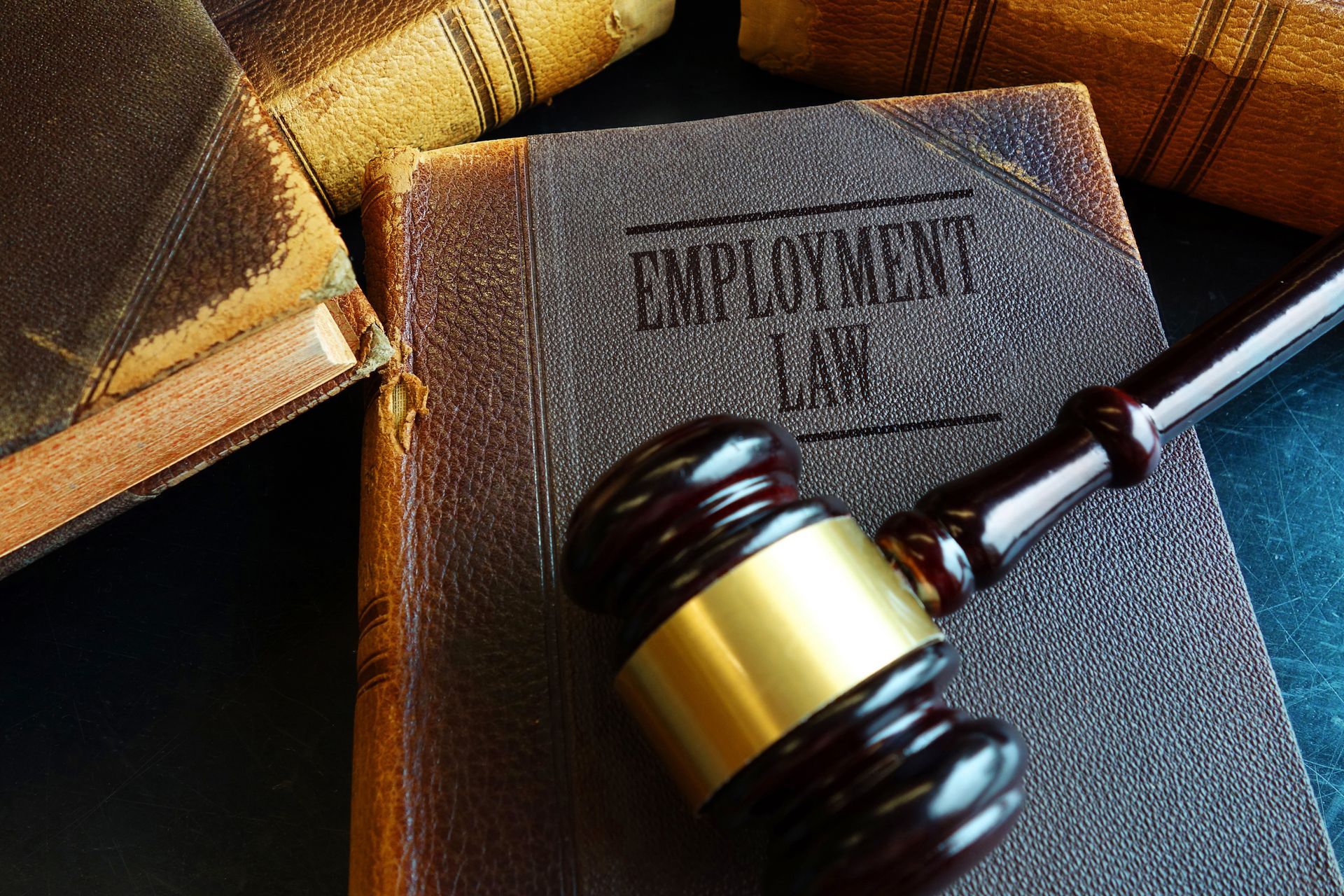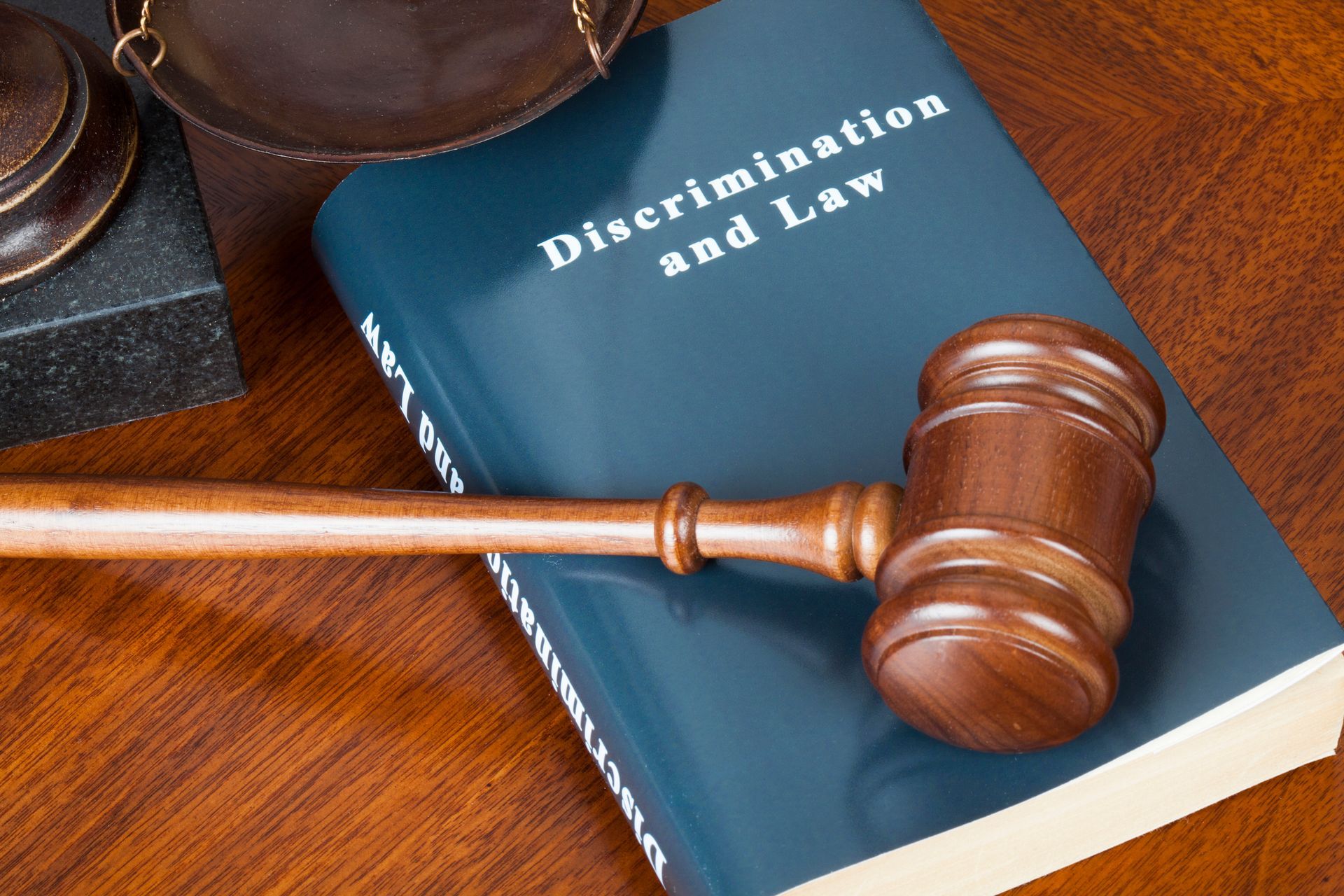Birmingham, AL Covid-19 Medical Sick Leave, Your Rights

If you struggle with a health condition and need to take a lot of time off to get well, then you may wonder if you might lose your job. Many people are afraid to take time off work because they worry that they will lose their job if they're gone too much.
However, under certain circumstances, your employer is restricted from terminating you if you are sick or injured. Here is more information about which Alabama and federal labor laws protect you when you take time off for a medical situation.
You Do Not Have the Right to Paid Sick Leave
Alabama is an at-will state. This means that your employer can terminate you for any reason, but you can also leave a job for any reason. The only way you will get paid sick leave is that if you and your employer agree about it. While many employers do provide sick leave, they are not required by law to do so. Congress is possibly providing COVID-19 outbreak relief and job protections, but as of this blog position, the status of that law is unclear.
You Do Not Have the Right to Time Off
Your employer is not required to give you time off if you are sick except for the reasons mentioned further in this post. That doesn't mean that your employer won't give you time off, but he or she isn't required, by law, to do so.
Your employer may still give you unpaid time off if you follow certain rules. For example, your employer may require you to call in sick before a certain time of day. Or your employer may require a doctor's note to avoid disciplinary action or termination. Failure to comply with employer policy makes it more difficult to pursue a case on your behalf.
You Do Not Have the Right to Keep Your Job
Your employer is not required to keep your job open if you are gone for an extended illness or injury except under certain narrow exceptions. If your absence causes the employer a hardship, then he or she can replace you with another employee.
You Do Have the Right to Family Medical Leave
Under federal and state law, you have the right to take extended time off as part of the Family Medical Leave Act. This law provides you with at least 12 weeks per year of unpaid leave to deal with a pregnancy, serious illness, or to care for a family member with a serious illness. The types of illnesses covered
by this law are very specific. A minor illness for a couple of days is usually not covered by the FMLA. An overnight stay in the hospital often is covered. Outpatient surgery requires a mandatory follow-up visit within thirty days.
You Do Have the Right to Workers' Compensation
Under workers' compensation laws, you have the right to take time off for work-related injuries and illnesses as long as you expect to return. Your employer cannot fire you simply for filing a claim. If, after medical evaluation, the doctor has determined that you will be out long term, then the employer also has rights. He or she can legally replace you with another employee, but you will receive compensation.
You Do Have the Right to Disability Accommodations
If you have a documented disability, then you may be allowed to take time off for disability-related treatment under the Americans With Disabilities Act. This act doesn't specifically mention a right to take time off. However, you may be able to make a reasonable accommodation case if you need medical care to help you do your job. Whatever accommodations you ask for must not cause a hardship to your employer. You must ask for the accommodation. The employer can say “no”, but the employer must also propose a reasonable alternative.
You have rights to time off work under certain circumstances. Otherwise, if you can't work things out with your employer in regards to sick leave, and you get fired, then seek legal advice. The law office of Allen D. Arnold Attorney at Law
has experience with Alabama labor law and wrongful termination. If you feel that your employer violated your legal rights, then contact our office right away.
Alabama Rules of Professional Conduct Notice: No Representation is made that the quality of legal services offered is greater than that of other lawyers. The information contained on this website is not a substitute for legal advice, and reading it does not create an attorney-client relationship.









